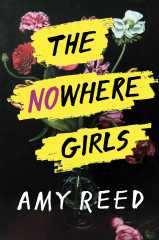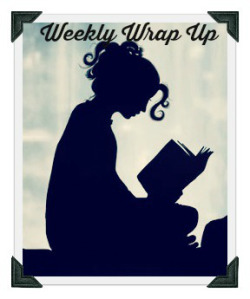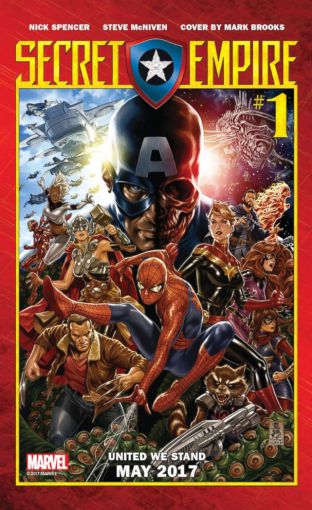 It’s not often that I can’t decide on a rating for a book, but Amy Reed’s The Nowhere Girls is proving to be a challenge.
It’s not often that I can’t decide on a rating for a book, but Amy Reed’s The Nowhere Girls is proving to be a challenge.
There is a whole lot to appreciate about this book, that’s for sure. I know I would have loved this book when I was in high school, and I’m excited for teen readers (of all genders) to get their hands on it. It’s the type of story that will open people’s eyes to the pervasiveness of rape culture and challenge their conceptions of sexual assault and consent. I think (or at least, I hope) that it will empower and inspire teens to stand up for themselves, and to stand up for (and to!) their friends.
Part of me wants to give this book a 5-star rating simply because it is so important, so relevant. On the news over just the past week, I’ve heard about the sex crimes of Larry Nassar, Kevin Spacey, Harvey Weinstein, and Anthony Weiner. It seems everywhere you turn, everywhere you look, it’s happening.
As I was reading The Nowhere Girls, I remembered a conversation I had a few years ago, when I was in a performance of The Vagina Monologues. One night, all the actors wrote down two anonymous secrets on two postcards, and then our director read them out loud. People had the option to claim their secrets, or to comment on others’. Almost all of the secrets were about sexual assault. Everyone ended up sharing stories, and our cast had what I consider one of the most life-changing, memorable conversations of my entire life.
I’m just a little hung up on the feeling that The Nowhere Girls tried a little too hard to do everything, to address every single misconception about sexual assault. It was heavy-handed. But I also think that might just be what’s needed right now, because people just don’t seem to get it. They don’t believe it’s that bad, or that it happens that often. They don’t believe survivors. They find it suspicious when it takes survivors years to come forward with their stories, if they do so at all.
There is plenty of good to be found in this book: attempts to call out white feminism, the message that women ought to support and encourage one another, a diverse cast of main characters. (In the acknowledgements, the author writes that she consulted blogs written by individuals with Asperger’s and that she employed beta and sensitivity readers. I’d be extremely interested to hear from individuals on the autism spectrum about the authenticity of Erin as a character with Asperger’s.)
The Nowhere Girls is a timely and necessary book. Although it was a painful read, I am heartened by its existence, and I would recommend it to teen readers.
Share this:




